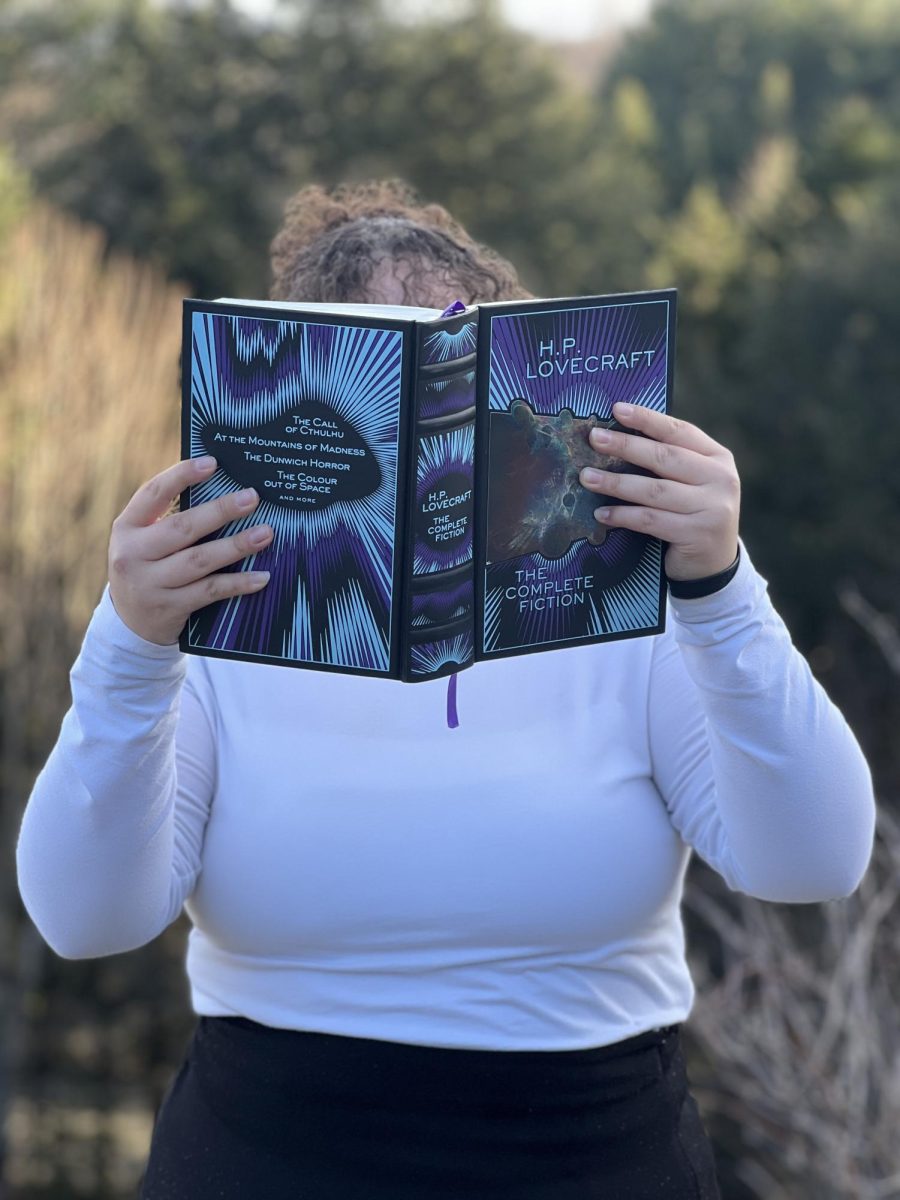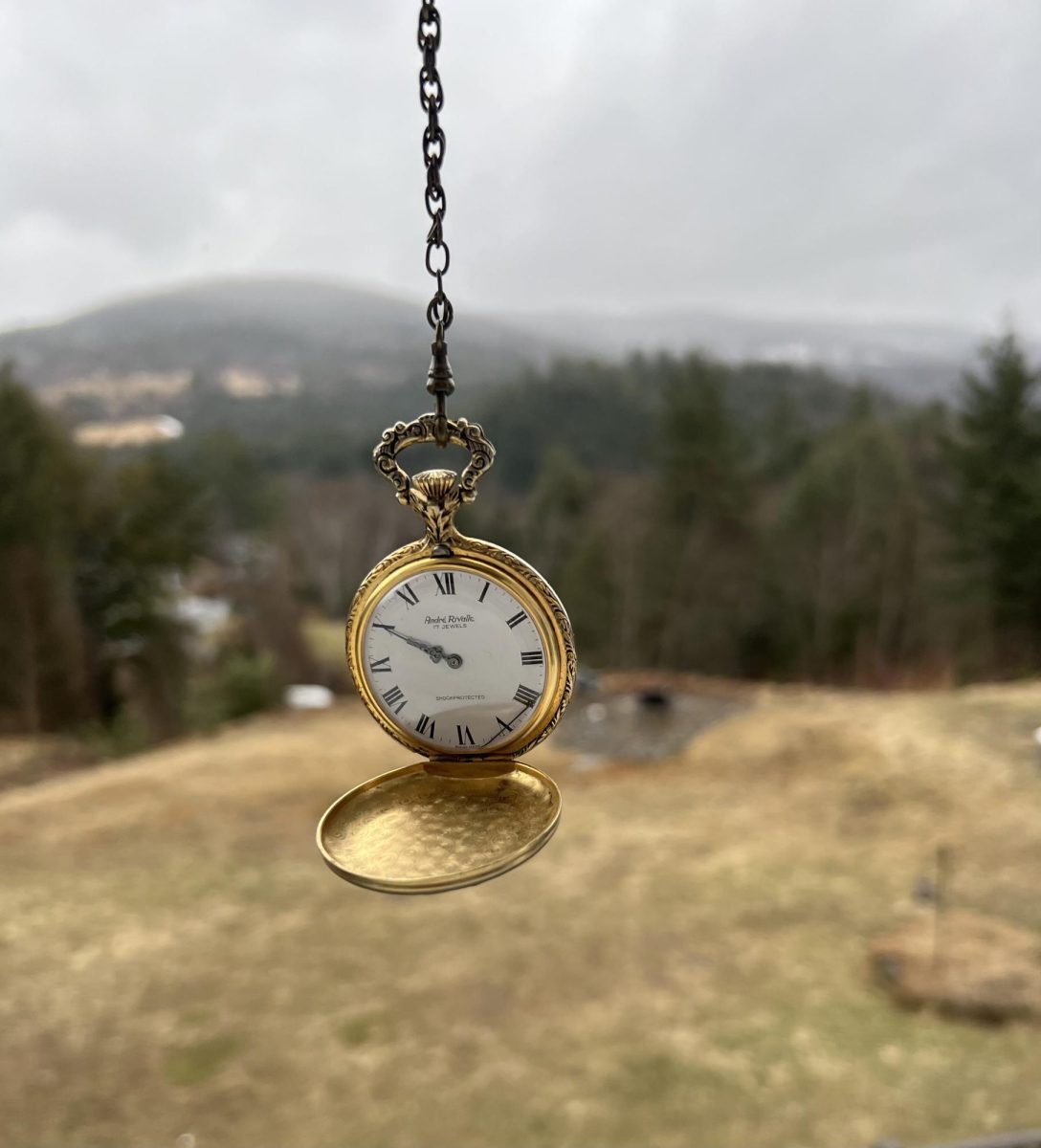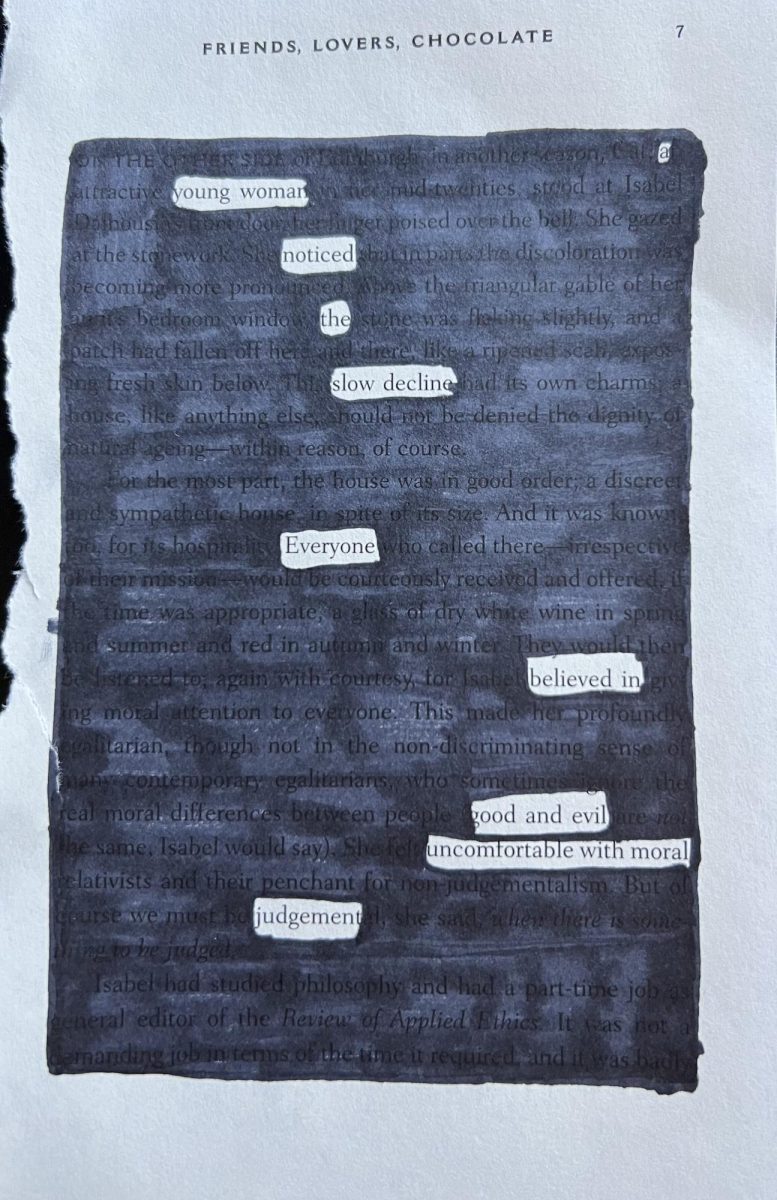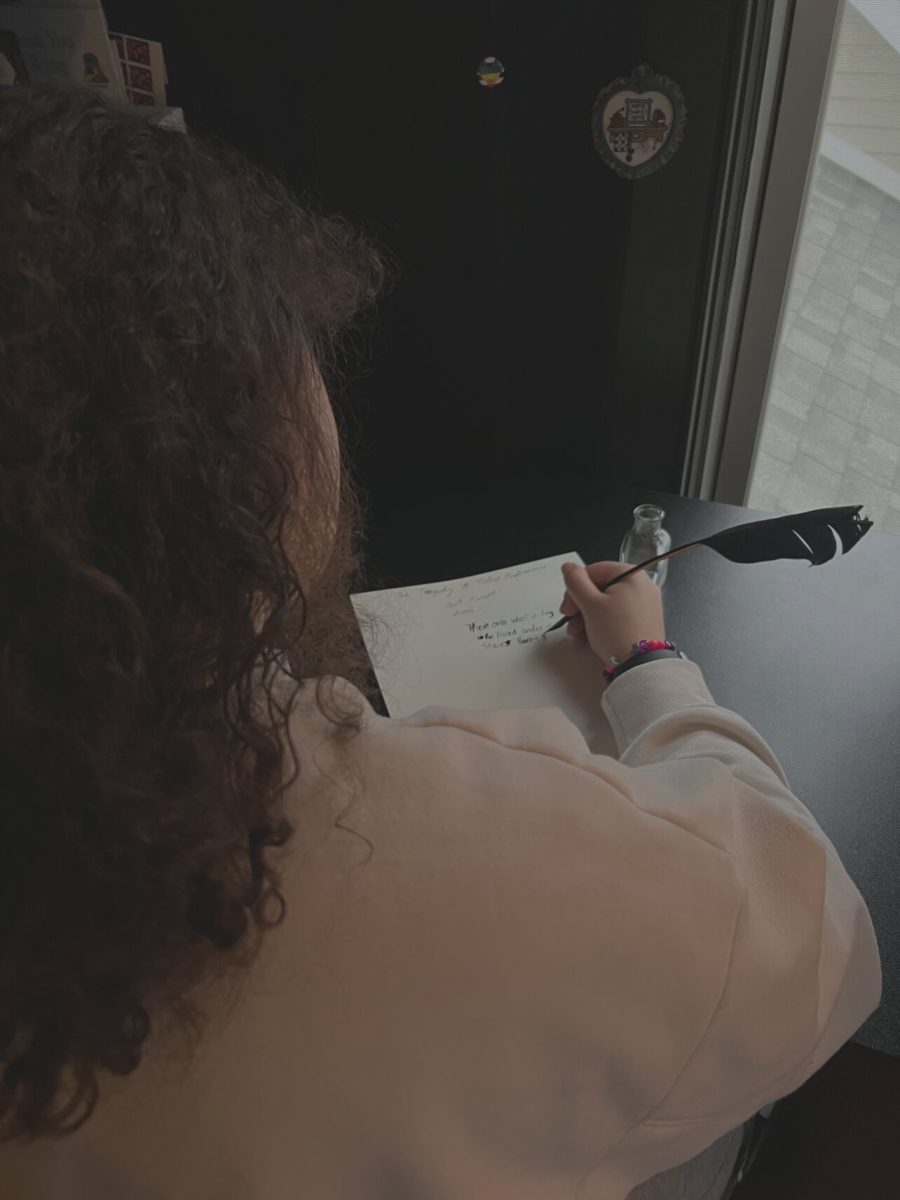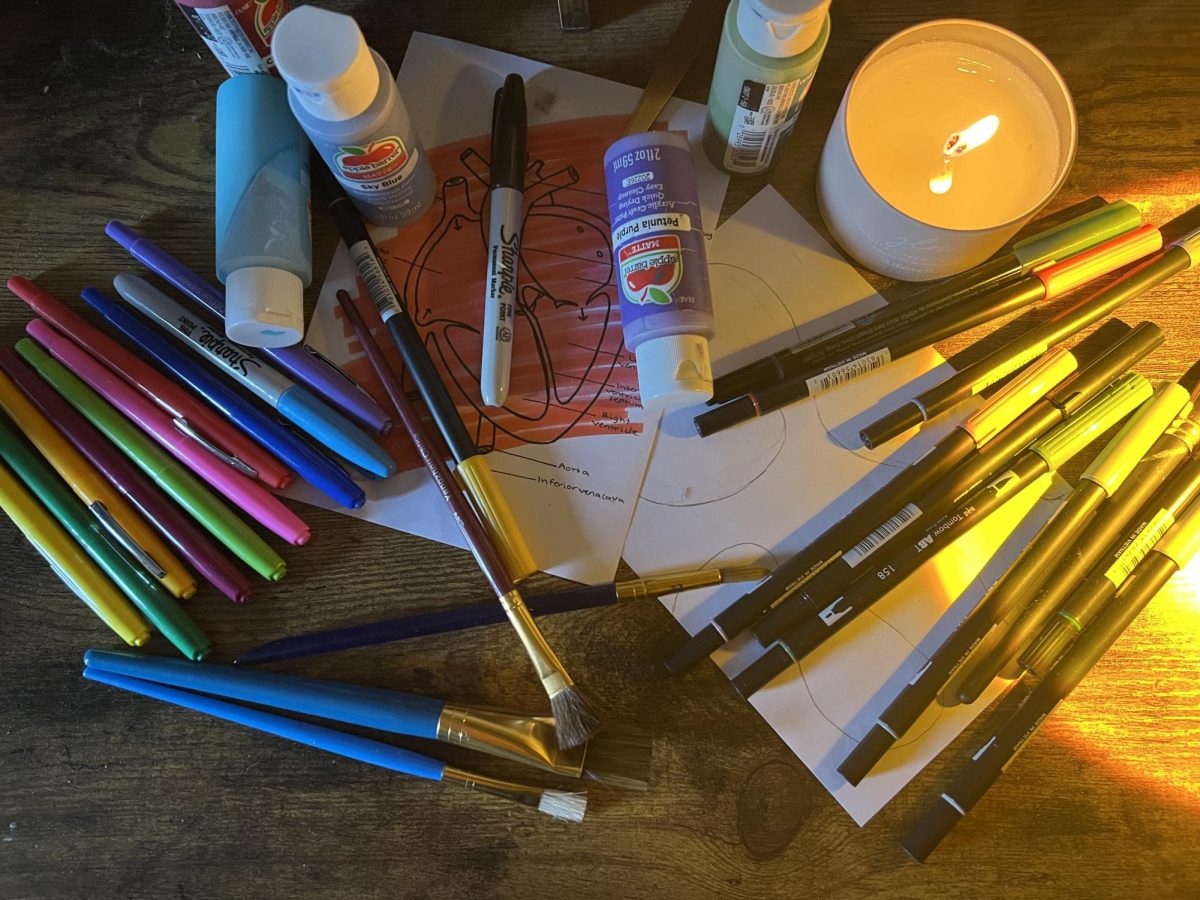Below is our list of prize-winning and runner-up pieces and where you can find those pieces in this year’s issue of The Chameleon. Congratulations to these writers and artists! Please see our interviews with them below.
To learn more about our prizes, visit our Awards page.
Allan Nason Prize for writing about war or the Corps of Cadets: $250
Robert Halleck Prize for best poem: $250
Be You, Be True Prize for writing by or about the LGBTQIA+ Community: $250
Inclusive Prize for the best literary or visual art piece created by someone from underrepresented and underprivileged groups: $250
Diverse Worlds Prize for the literary or visual art piece that best presents a diverse world, regardless of the writer’s background: $250
Chameleon Prize for best prose of scriptwriting: $150
Interviews with Winners
Chameleon: How does it feel to win this award?
Nicholle Davis: It feels good, but also a little shocking. I didn’t expect to win this award. I mean, I’m happy to have won it, but even now, the shock still hasn’t worn off yet.
Tatum Laliberte: Winning the inclusive award holds significant meaning for me, especially considering the challenges I’ve faced as a woman with a learning disability. Despite struggling with writing, I’ve found my way to creative expression, using it as a tool to convey my emotions and experiences onto paper. While grammar remains a hurdle, creative writing has become a valuable outlet for me.
Andrii Shadrin: I am overjoyed and humbled to receive this prestigious award. As someone passionate about fiction writing for years yet never mustered the courage to submit my work for publication or recognition, this honor from Chameleon holds immense significance.
Chameleon: Where did this piece originate? What inspired you?
Nicholle Davis: Oddly enough, it originated from a thought before going to sleep. I don’t remember the exact thought I had, but I recalled enough to write this piece. Part of it also might have been the idea of someone’s inner voice arguing against itself. The voices of doubt and confidence, of insecurity. Those are thoughts I find myself battling with daily.
Tatum Laliberte: This piece originated from a place of profound grief coming from the loss of loved ones. Initially, I focused on writing about recent family members who had passed away. However, shortly after completing this piece, my beloved Poppop unexpectedly passed away. Although unintended, he read the piece and expressed his appreciation for it. Now, it serves as a connection to him and has unexpectedly helped in my grieving process.
Andrii Shadrin: The piece that garnered this accolade was born amidst the breathtaking landscapes of western Ukraine in May 2021. As I traveled through that enchanting region, I was captivated by the unparalleled beauty of spring’s awakening. With nothing but a trusty notebook and a pencil, I poured my heart onto those pages, attempting to capture the essence of that month I was in love with. Words seemed inadequate to convey the depth of my affection for May in Europe, a time imbued with a sense of renewal and wonder that starkly contrasts the familiar rhythms of spring back home.
Chameleon: What was your creative process?
Nicholle Davis: Good question. I wanted to try something new rather than writing paragraphs or down the center. So, I got the idea to break up the darker inner voice, the voice of doubt and insecurity across the page. It’s how I imagine my own inner voice sounding sometimes. Sometimes I wish I could hear the voice I imagined, though I don’t know how to describe it. I applied the same idea to the voice of confidence. The narration is rather plain, mainly to differentiate it from the other two voices.
Tatum Laliberte: My creative process involves pouring out all of my emotions onto paper, essentially creating a raw emotional expression. Then, I sift through these emotions, carefully selecting and arranging them like puzzle pieces until they form a cohesive narrative or piece of writing that others could understand.
Andrii Shadrin: I recall those moments perched atop mountainous heights, the gentle breeze caressing my face as I surrendered to the creative process. Without any rigid plans or preconceived notions, I allowed the words to flow freely, driven solely by the desire to express my profound love and appreciation in those moments. It was a liberating experience, a power of trusting my instincts and letting the heart guide the pen.

